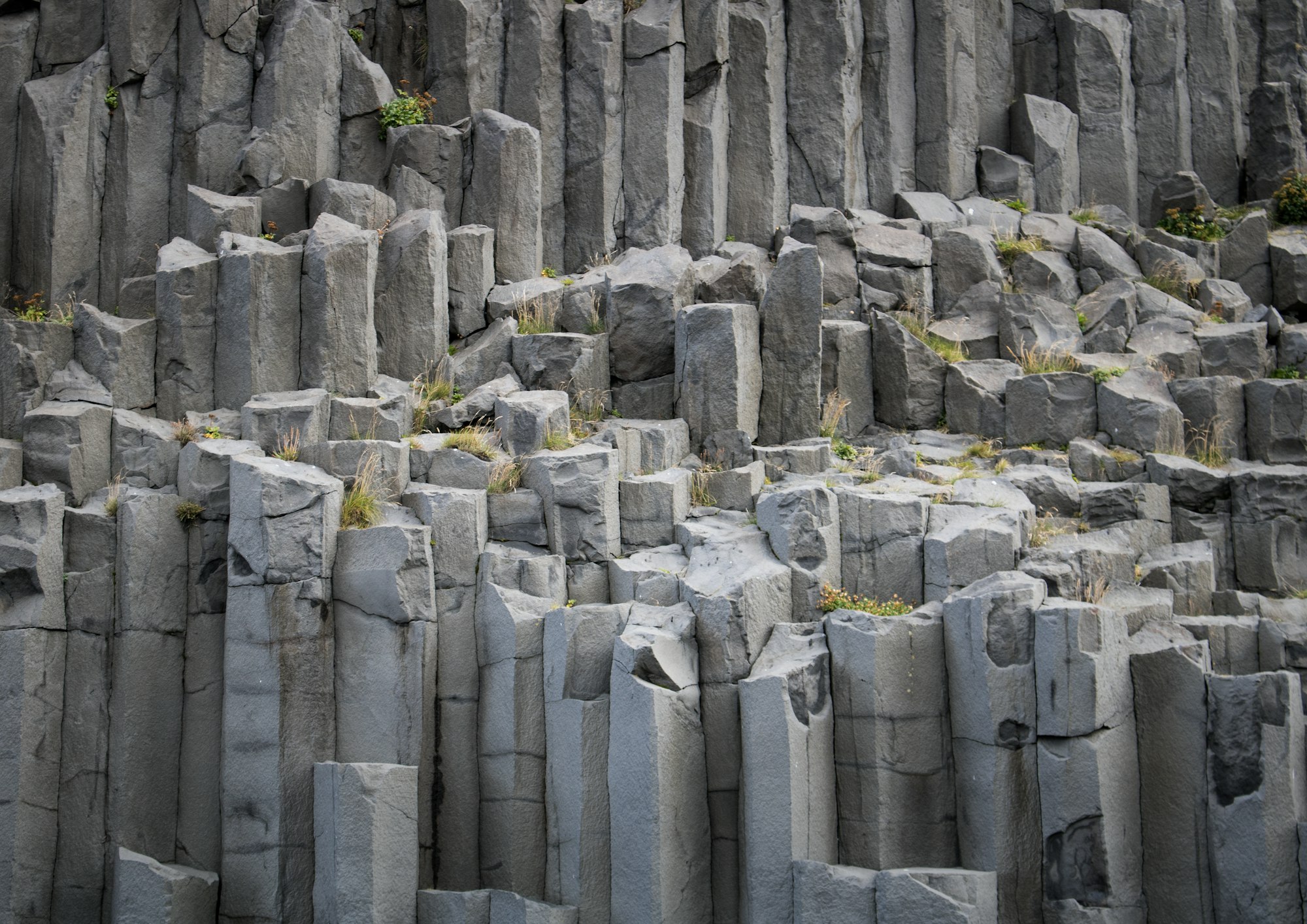
🌾 Rock dust - a fantastic solution to several environmental issues
Scientists have found dust from basalt rock to be a fantastic solution to several environmental issues. At the same time resulting in more nutritious crops.
Share this story!
By spreading dust from basalt rock over crop fields, carbon dioxide is drained from the air and the crops will become more nutritious. According to a group of scientists, we not only need to cut our carbon emissions, we also need to remove already existing CO2 from the atmosphere to turn the tide of the climate crisis. Thus, rock dust can be an effective solution - and the method also has other positive side effects.
Spreading the dust from basalt rock (a by-product from the mining industry) over fields can drain billions of tons of carbon dioxide from the atmosphere every year, says a study published in Nature. Soils mixed with basalt absorb carbon from the air more effectively. Even though soils naturally absorb carbon dioxide, the process is accelerated by basalt being rich in calcium and magnesium. In addition the crops gets more nutritious and the soils pH-value improves.

By mixing soil and rock dust the alkalinity increases. This, in itself, is a huge advantage since our soils and waters are often exposed to acidification. Carbon dioxide is dissolved from the air into ions, such as hydrogen carbonate ions, which reverse acidification in the soils - but ultimately even in the water systems. The carbon-sequestering ions flows with rainwater and is transferred to the oceans by drainage systems or natural runoff.
-The logistical infrastructure to apply basaltic rock dust to managed croplands already exists, owing to the common need to apply crushed limestone to reverse soil acidification resulting from intensive cropping,” writes the author in the study “Thus, rapid deployment at a large scale appears to be feasible…and has important ancillary benefits including mitigation of ocean acidification.”
Thanks to basalt rock dust, we are now able to improve the situation regarding not only one, but two, major environmental problems - climate issues and acidification of soils and water - whilst also improving the cultivation of food. This is like Good News Network wrote, a win-win-win.
By becoming a premium supporter, you help in the creation and sharing of fact-based optimistic news all over the world.


